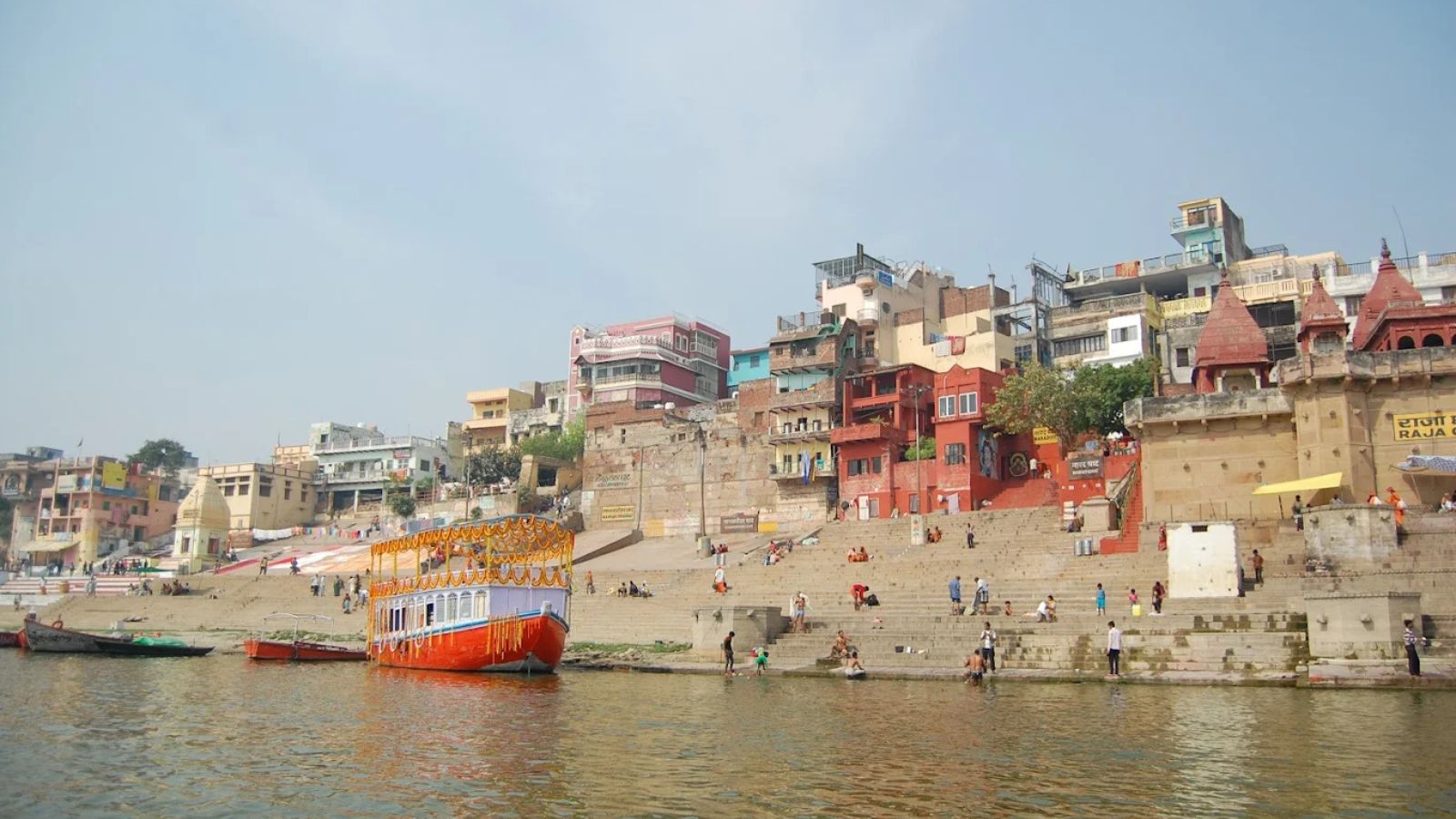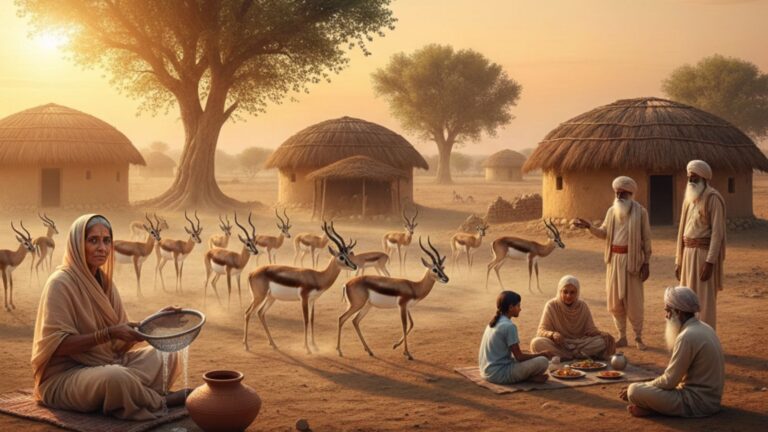Narad Ghat in Varanasi is one of the city’s many historic riverfronts, named after the celestial sage Narada. It is closely associated with a unique local belief: couples are advised not to bathe here together. The reason lies in a legend of contention. Narada, known for his devotion to Vishnu as well as his role as a divine provocateur, once created disputes between Lord Vishnu and Goddess Lakshmi. Because Narada is also seen as the eternal celibate who often instigated discord to test virtue and unity, it is widely believed that couples who bathe together at this ghat may experience disharmony in their relationship.
History and Architecture
Narad Ghat was previously known as Kuvai Ghat. The most credible records indicate it was constructed by the monastery chief Dattatreya Swami in 1788, making it a relatively newer addition compared to some of Varanasi’s oldest ghats. The site underwent renovations in the 19th century, as well as a major restoration by the Uttar Pradesh government in 1965.
Myth and Local Belief
The taboo against couples bathing at Narad Ghat comes from Narada’s reputation for sparking quarrels. Locals believe his spirit still lingers, turning shared baths into a risk for marital discord. Some even say the ghat can dissolve troubled relationships, earning it the nickname “the ghat that breaks marriages.” To counter this, guides often suggest visiting nearby Chhameshwar Ghat, where rituals of forgiveness are performed as an antidote to Narada’s influence.
The Ghat sits between Mansarovar and Raja Ghat, close to major sites like Dashashwamedh Ghat and the Kashi Vishwanath Temple. The ghat’s tranquil setting, religious rituals, and layered history make it a noteworthy destination.



